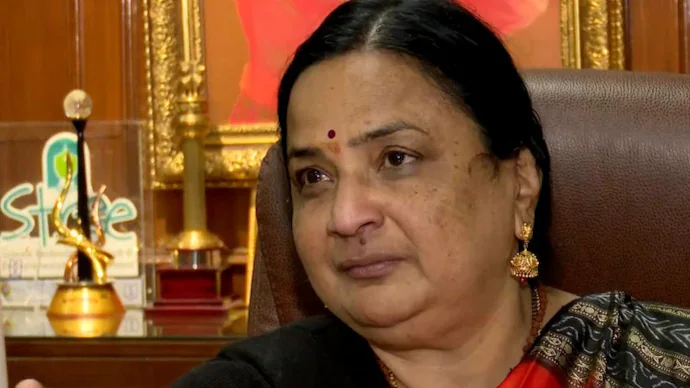28 Apr. 24: Dr. Shantisree Dhulipudi Pandit, Vice-Chancellor of Jawaharlal Nehru University (JNU), has voiced her support for students’ freedom to wear the hijab, denouncing institutional dress codes and emphasizing the importance of individual autonomy in attire selection. In an interview with PTI, Dr. Pandit expressed her opposition to imposing dress regulations, asserting that educational spaces should remain open to diverse clothing choices.
“I am against a dress code. I think (educational) spaces should be open. If somebody wants to wear a hijab, it’s their choice and if somebody doesn’t want to wear it, they should not be forced,” she stated.
Dr. Pandit emphasized the principle of personal choice in matters of food and clothing, advocating for respect towards individual preferences. She highlighted the inclusive environment at JNU, where students have the freedom to wear shorts or ethnic attire based on their personal preferences.
Regarding the debate on promoting Hindi as a national language or medium of instruction, Dr. Pandit emphasized the importance of diversity, rejecting the notion of uniformity in religion, race, or language within India.
The controversy surrounding hijabs in educational institutions is not new, with past incidents triggering heated debates. In 2022, Karnataka witnessed a significant dispute when six female students were expelled from a government college for wearing the hijab. This incident sparked nationwide discussions on religious symbols and institutional dress codes, leading to contrasting views among political parties.
Similar disputes have arisen in other states like West Bengal and Gujarat, where Muslim communities have advocated for the inclusion of the hijab in educational settings, citing religious freedoms and cultural practices. However, tensions have also surfaced, as seen in Bharuch, Gujarat, where a teacher’s actions during a board exam sparked public outrage and demands for accountability.
Dr. Pandit’s stance underscores the importance of upholding individual freedoms and fostering an environment of inclusivity and respect within educational institutions.




